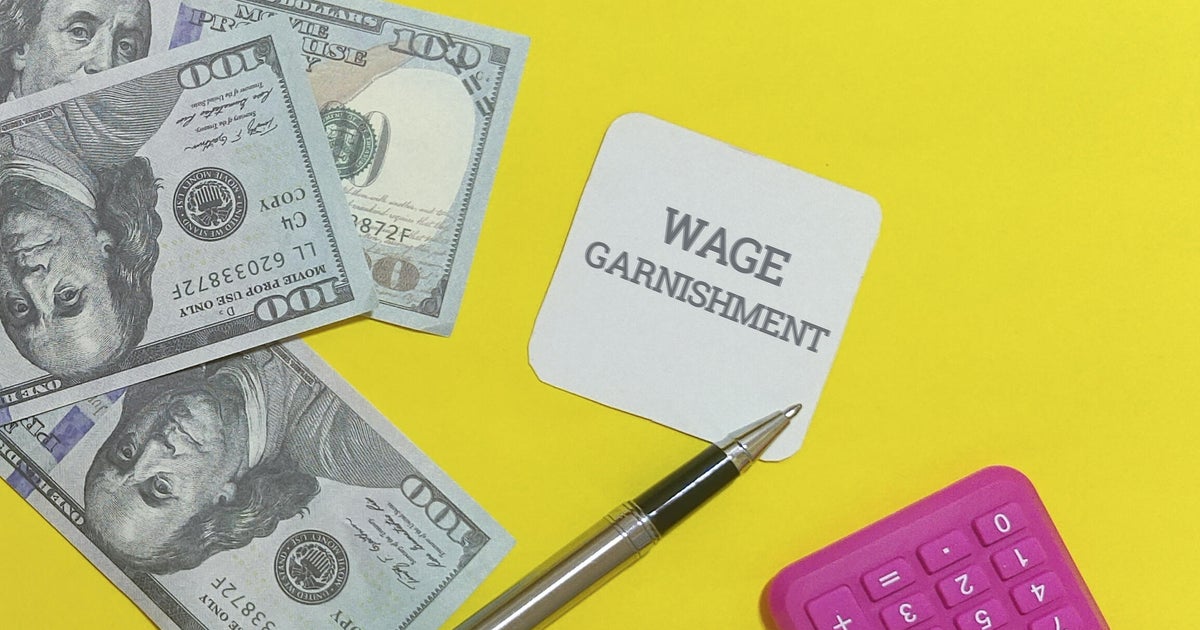Consumers Should Know Their Rights When Dealing With Debt Collectors
PITTSBURGH (KDKA) -- If you've been called by a debt collector, you're not alone. Each year, more than 30 million people are contacted about an owed debt.
But what happens when those debt collectors harass you for the money? Or worse -- they harass you and it's not even your debt in the first place.
Debt collection is a very regulated industry. Debt collectors can't call you up and yell at you or pretend you are going to get arrested if you don't cough up the cash.
All of these things have happened to consumers, but their illegal. And if you're dealing with a debt collector, you need to know your rights.
Holly McGown is a busy working mother of five with another baby on the way. Her family depends on her paycheck, so imagine her surprise when a chunk of money was missing on payday.
"I looked and it was a garnishment. And I called my husband and asked if we had gotten any sort of paperwork on garnishments or a judgment or anything like that, and he said no and was kind of baffled," said McGown.
Turns out, a debt collector started taking money from McGown's paycheck even though she was the wrong person. That's right, McGown didn't owe any debts. But a man in Colorado did.
"This isn't the same person, not even the same birth date, not even the same age, not the same sex, not the same state, and the only thing that is the same is the Social Security number and that was probably a typo," said McGown.
John Marinack was in the same boat -- a consumer wrongly accused of owing a debt.
"Did not owe the debt, I explained I was not the person they were after so many time. I explained the person they were after never lived here, but it made no difference to them," recalls Marinack.
Marinack says debt collectors called him all day, every day for a year.
"We have a lot of cases of people who are being called or contacted and they're not the real debtor," says Craig Kimmel, a consumer attorney.
He says debt collectors must obey certain rules when contacting consumers.
"They can't lie, deceive, cheat, threaten, abuse, harass, call and call again," he says.
Under federal law, debt collectors can't call before 8 a.m. or after 9 p.m. They can't call you at work if your employer doesn't allow it.
They must send you written notice of your debt within five days of first contacting you. Also, a debt collector must stop contacting you if you send written notice that you don't owe the debt.
In a statement to KDKA, the Association of Credit and Collection Professionals say debt collectors that violate the law are "the exception, not the rule." Also, the work done by debt collectors is "essential to maintaining our country's credit-based economy."
If you are having a problem with a debt collector, legal help is free. And you could get $1,000 in damages.
More Information:
RELATED LINKS:
More Featured Stories
More Consumer News
More Reports from Susan Koeppen







